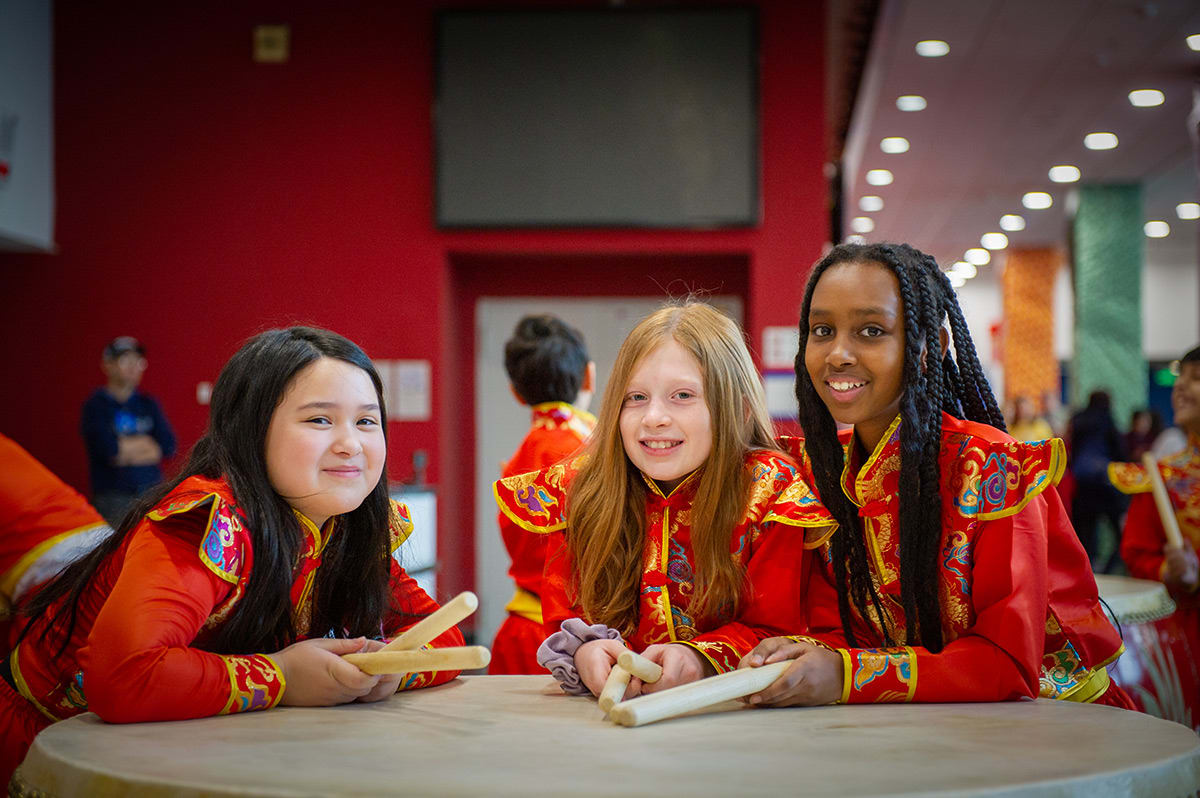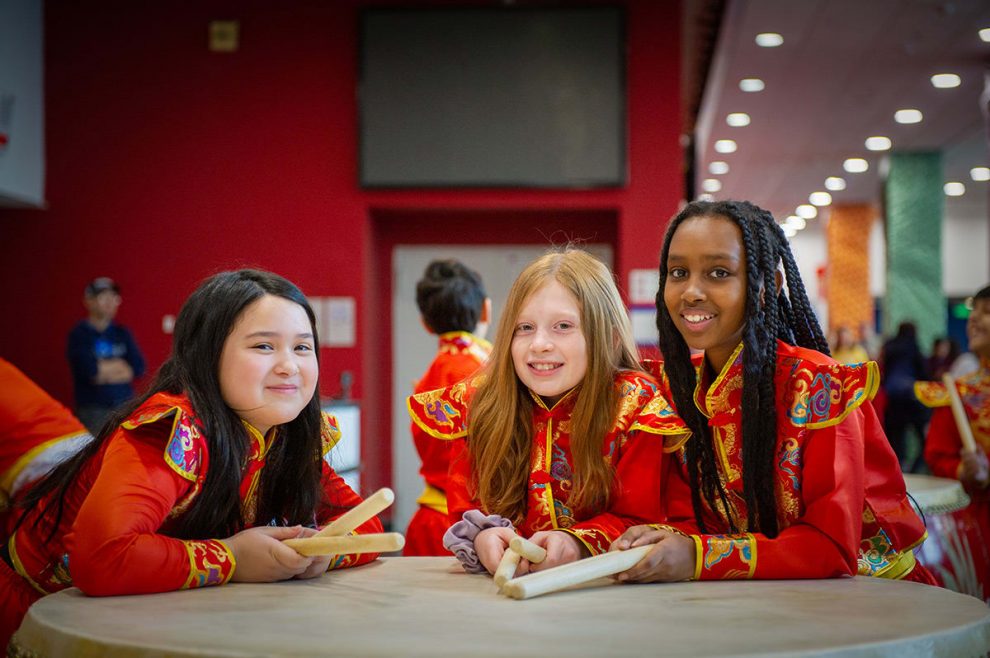
Introduction: The Imperative of Cultural Competency
In an increasingly interconnected and diverse world, the cultivation of cultural competency has emerged as a critical goal for institutions of higher education. The ability to navigate and engage with different cultures, perspectives, and backgrounds is no longer a luxury but a necessity. This article delves into the significance of cultivating cultural competency at colleges and universities, exploring strategies, real-life examples, and the profound impact of nurturing global citizens who can thrive in a multicultural society.
Understanding Cultural Competency: A Multifaceted Skill Set
Cultural competency is the capacity to interact effectively with individuals from various cultural backgrounds. The words of cultural anthropologist Margaret Mead encapsulate its essence: “We won’t have a society if we destroy the environment.” Just as environmental stewardship is vital for the planet’s well-being, cultural competency is essential for fostering harmonious relationships and a just society.
Promoting Intercultural Understanding: Fostering Open Dialogue
Creating Safe Spaces for Dialogue
Colleges and universities can establish safe spaces for open dialogue, where students, faculty, and staff can engage in candid conversations about cultural differences, biases, and societal challenges. These dialogues encourage self-reflection, empathy, and the exchange of diverse viewpoints. As civil rights leader Martin Luther King Jr. once said, “Our lives begin to end the day we become silent about things that matter.”
Embracing Cultural Exchange Programs
Cultural exchange programs provide students with opportunities to immerse themselves in different cultures through study abroad experiences, language exchanges, and international internships. By engaging directly with diverse communities, students develop a deeper appreciation for cultural nuances, challenge stereotypes, and broaden their horizons.
Integrating Multicultural Curricula: Enriching Educational Experiences
Incorporating Diverse Perspectives
Colleges and universities should integrate diverse perspectives into curricula across disciplines. Literature, history, social sciences, and the arts can offer windows into different cultures and historical contexts. By studying authors, artists, and events from around the world, students gain a richer understanding of global dynamics and cultural intricacies.
Globalizing STEM Education
Even within science, technology, engineering, and mathematics (STEM) fields, cultural competency is essential. For instance, biomedical research often involves collaborating with researchers from diverse backgrounds. By embracing a global mindset, STEM students can contribute more effectively to collaborative projects and address global health challenges.
Cultivating Inclusive Campus Environments: Celebrating Diversity
Fostering Multicultural Student Organizations
Colleges and universities can support multicultural student organizations that celebrate different cultures, languages, and traditions. These organizations provide platforms for cultural expression, awareness-raising events, and community engagement. By participating in these groups, students develop leadership skills, forge connections, and contribute to a diverse campus community.
Promoting Cultural Celebrations
Cultural celebrations and heritage months offer opportunities to showcase and honor various cultural identities. Colleges and universities can organize events, performances, and exhibitions that highlight traditions, cuisines, and art forms from around the world. These celebrations create spaces for cross-cultural interaction and foster a sense of unity amidst diversity.
Equipping Graduates for a Globalized World: Preparing Global Citizens
Integrating Cultural Competency into Professional Development
Colleges and universities can integrate cultural competency into professional development programs, ensuring that graduates are well-equipped to thrive in multicultural workplaces. Cultural competency training equips graduates with skills in cross-cultural communication, conflict resolution, and intercultural collaboration.
Fostering Responsible Global Citizenship
The cultivation of cultural competency extends beyond campus borders. Graduates can apply their skills to address global challenges, promote social justice, and contribute to sustainable development. The words of former United Nations Secretary-General Kofi Annan resonate: “To live is to choose. But to choose well, you must know who you are and what you stand for, where you want to go, and why you want to get there.”
Conclusion: Nurturing Leaders for an Interconnected World
Cultivating cultural competency at colleges and universities is not merely an educational endeavor; it is a commitment to nurturing leaders who can navigate complexity, bridge divides, and contribute meaningfully to a globalized society. By promoting intercultural understanding, integrating multicultural curricula, fostering inclusive campus environments, and preparing graduates for responsible global citizenship, higher education institutions play a pivotal role in shaping the future. In the words of American author and educator Horace Mann: “Education then, beyond all other devices of human origin, is the great equalizer of the conditions of men, the balance-wheel of the social machinery.” Through the cultivation of cultural competency, colleges and universities act as catalysts for positive change, fostering a generation of global citizens who champion diversity, empathy, and unity.
















